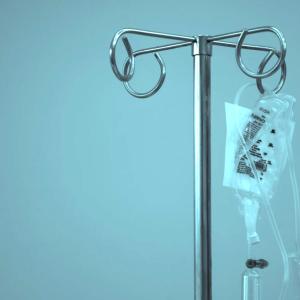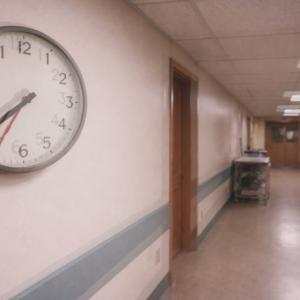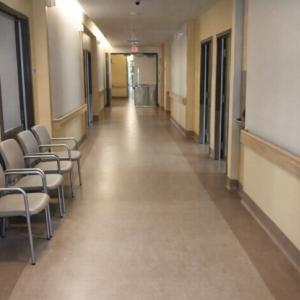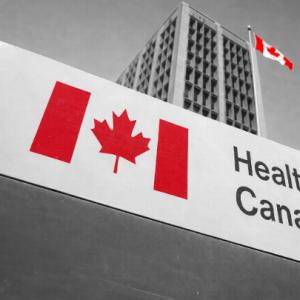What makes a good public health leader?
Leadership matters, especially in a crisis. COVID made that painfully clear.
Canada continues to resist independent public inquiries into the pandemic, leaving us vulnerable to historical revisionism and anti-science narratives. A disturbing trend has taken hold of discussion on whether masks, vaccines, or “lockdowns” worked — while far more pressing questions go unanswered.
Recently, the Toronto Star published an oddly-timed and saccharine opinion piece on Dr. Bonnie Henry, British Columbia’s famous Provincial Health Officer.
With the Public Health Agency of Canada now seeking to replace Dr. Theresa Tam with a new Chief Public Health Officer, the Toronto Star opinion piece — which was written by a PR consultant — is noteworthy and disconcerting.
We feel we must point out a set of facts germane to the assessment of the Public Health response to COVID and future threats.
The precautionary principle
Precaution is foundational to public health. When lives are at stake, waiting for scientific certainty can be deadly. This principle was reaffirmed by the Krever Commission after Canada’s tainted blood tragedy, and again by the Ontario SARS Commission, which emphasized protecting healthcare workers from airborne viruses.
In 2003, as Toronto’s associate medical officer of health and SARS response lead, Dr. Henry was well-positioned to understand this. But early in the COVID pandemic, as B.C.’s public health officer and national media darling, she dismissed airborne precautions, undermined respirator use, and downplayed the importance of HEPA filtration and improved ventilation, even in high-risk settings.
In 2020, despite mounting evidence and an open letter from 239 scientists urging recognition of airborne transmission, Dr. Henry called the controversy a "tempest in a teapot." In contrast, the Lancet COVID-19 Commission identified the failure to acknowledge airborne spread as a profound judgment error — and one the WHO’s chief scientist says, cost "an enormous number of lives."
Experts have sharply criticized BC’s public health leadership for clinging to outdated views. Even after the WHO formally acknowledged aerosol spread in late 2021, B.C.’s Ministry of Health has yet to explicitly acknowledge COVID as an airborne disease to this day — well into 2025.
Public trust is essential for public health
Without trust, guidance is ignored — on masks, vaccines, or anything else.
From the start, B.C.’s PHO repeatedly downplayed the risks of school transmission. An October 2022 joint investigation revealed the PHO’s claims weren’t supported by data. Internal emails described “daunting” school case numbers. Yet the Health Ministry maintained children were being infected "in the community."
Schools are part of the community.
Despite publicly downplaying school transmission, Dr. Henry later co-authored a study showing that most of B.C.’s children were infected between fall 2021 and spring 2022 — when schools were in session and vaccines didn’t exist yet for kids under five. Predictably, the study found children to be the least-vaccinated and most-infected group.
This may seem like common sense. Somehow it wasn’t.
The race to normalcy cost us deeply
Instead of prioritizing clean air and infection prevention, B.C.’s public health messaging leaned into “hybrid immunity”— get vaccinated, get infected, get boosted, and supposedly become “super immune.” This strategy, unthinkable in pre-pandemic public health, mirrors anti-vaccine rhetoric more than science.
Far from conferring "super immunity," repeated COVID infections are now known to weaken the immune system, increase susceptibility to other infections, damage organs, and heighten the risk of long COVID.
The silence on long COVID is deafening
On June 20, 2020, Canada’s chief PHO and all provincial officers received a letter from 52 Canadians living with persistent COVID symptoms, pleading for recognition and support.
In response, Dr. Mona Nemer, Canada’s chief science advisor, circulated the latest research to officials across the country. In July 2022, she launched a long COVID task force to raise awareness and inform policy.
A year later, in April 2023, the B.C. Legislative Assembly’s librarian was asked how many times Dr. Henry brought up long COVID during public briefings. Not once.
We need a different kind of leader
This isn’t what Canadians deserve from a future Chief Public Health Officer.
We need someone who, with humility, learns from past mistakes, applies the precautionary principle, engages with evolving science, and earns public trust by speaking hard truths.
As soothing as "Be Kind, Be Calm, Be Safe" may sound, without action, it’s just another empty slogan. Canadians need someone who takes timely, decisive actions to truly protect us. Now, and when the next pandemic strikes.
---
Dr. Lyne Filiatrault is a retired emergency physician. On March 7 2003, her ED team quickly isolated Vancouver’s first SARS patient, shielding Vancouver from a major SARS outbreak. A past member of Protect Our Province B.C., she is now part of the Canadian Aerosol Transmission Coalition.
Dr. Arijit Chakravarty is the CEO of Fractal Therapeutics, which focuses on applying mathematical modeling to drug discovery and development. Over the past five years, he has led an interdisciplinary team of volunteers in publishing over twenty peer-reviewed papers on SARS-CoV-2, including several focused on in-school COVID transmission.
Dr. Fisman is a physician-epidemiologist and Professor of Epidemiology at the Dalla Lana School of Public Health at the University of Toronto. As an Associate Medical Officer of Health for the City of Hamilton, he was a member of Ontario’s SARS Science Committee in 2003. He now co-leads the Pandemic Readiness stream at the University of Toronto’s Institute for Pandemics.








